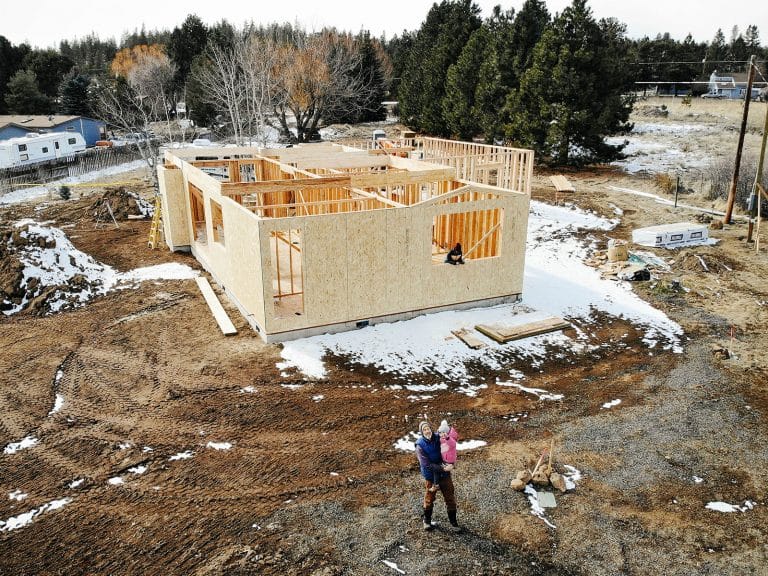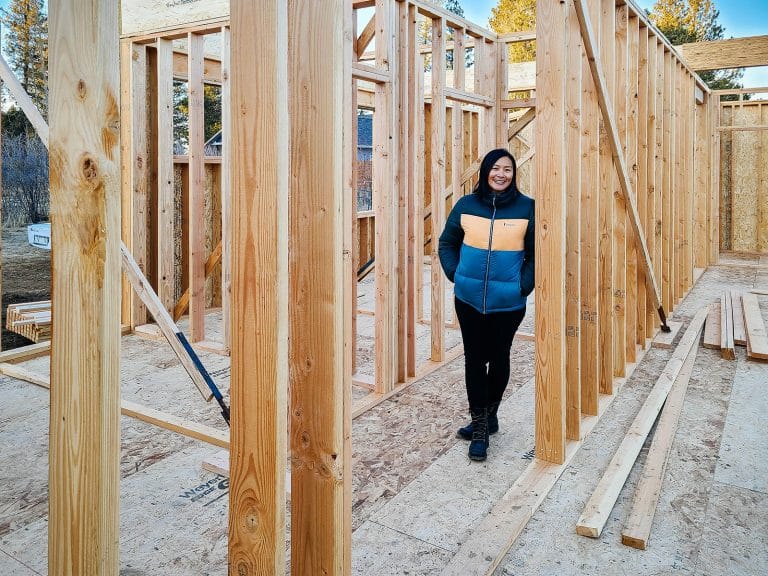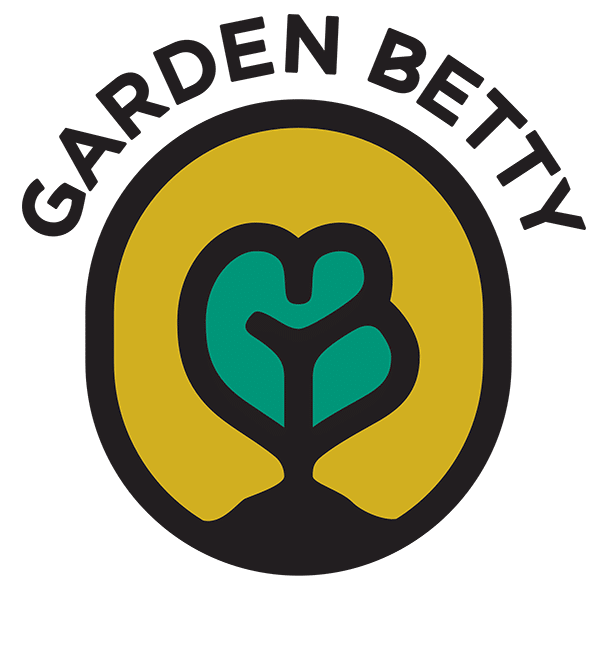I’m not sure how it happened, but since my series of biz tips last November during National Career Development Week, I went from a serious blogger earning part-time income from my posts to a professional blogger making a living from writing about my life.
Saying that out loud is something I can’t even convince my own mother is true. Blogs, for her, are still a new world — and a strange one at that for a career. And honestly, even I am baffled by this transition. Blogging was (and still is) a hobby for me, and I’m so thankful that it’s reached a point where it can support my lifestyle too.
I don’t make millions from my blog, though there are certainly superstar bloggers out there who pull in an impressive income without celebrity status. I don’t have a staff or even an intern, and I still prefer to produce my own content without contributors or guest bloggers. In a way, I feel that makes the idea of blogging for a living more approachable for most people.
So how do you get to that pivotal moment when you can call yourself a full-time blogger? I’d be remiss if I didn’t say it’s a long, hard road full of bumps. If you’ve never run your own business before, know that you essentially work for free as you inch toward the goal of being able to blog for a living. You’re unlikely to replace your current salary in the first year, but maybe you’ll get lucky in the first five years.
For me, it took four years after penning my first post to finally feel comfortable calling myself a blogger. (In hindsight, it’s not all that different from starting a traditional business, where the first year or two is treated as a loss and the next year or two is when the business starts to pay for itself.) I was so busy blogging that it overtook my first career as a graphic designer. It soon became my only source of income, it made enough to afford the luxuries I was accustomed to, and the thought of my daily survival depending on the success of this little space was at once terrifying yet thrilling.
But, more thrilling than anything else.
If you fancy yourself an uncertain, shifting, demanding, fulfilling, rewarding career in blogging, welcome. This is what I’ve learned after starting several different digital media brands since I was a teenager. (Yep, longtime tech geek talking right here.)
Before you start, have a backup plan.
Whether you’re a part-time blogger hoping to take the next step, or a homemaker itching for work that still offers flexibility, it’s important to have something to fall back on. It could be in the form of savings, a supportive spouse, or a current full-time job that’s funding your start-up. A blog is a relatively minimal risk from a financial point-of-view, but your time in maintaining it is often worth more than you think.
And once your blog really gets going, it only takes a Google algorithm change or server crash to send all that hard work plummeting into a cyber black hole. Be prepared for a financial blow or two, like any self-started business.
Blog because you love it, not because you want to make money.
Do you tire of hearing this oft-repeated tip on other advice blogs? It’s always repeated because it couldn’t ring truer. If you don’t love blogging, if the ideas don’t come easily to you and you struggle to find your voice, it just doesn’t make sense to force it into a full-time job.
First and foremost, you should be blogging for fun and reaping a sense of fulfillment from it. The best bloggers are those who truly enjoy sharing information, interacting with readers, and exposing a part of themselves to the public. That last one is a little scary, but accepting and owning your vulnerabilities allows you to focus more on your strengths and less on the little things. By recognizing and fostering these traits in yourself, you’re more likely to see success when turning your blog into a business. Passion breeds motivation.
If you want your blog to become a business, treat it like one.
What qualities come to mind when you think about the businesses you choose to patronize? Probably consistency in product, professional service, attractive branding, a positive message. These are all the same things that should apply to your own business. A blog is no less a legit entity than, say, a design studio or a marketing agency.
Even if you’re running your business out of your bedroom (no shame in that — countless design studios and marketing agencies started that way, or still do), you have to think big. You have to think about investing (and reinvesting) in your business, learning about your target market, keeping current on industry trends, and finding opportunities to expand your brand.
Know your industry and know when you need help.
It’s a given that you’ll be blogging about a field you could be considered an expert (or the very least, a passionate champion) on. But the blogging industry is far and wide, which means you have to embrace all the legal, financial, technical, and social aspects of it — even if you’re lacking in one or all of those skills.
Writing, in reality, is a small part of running a blog. It’s an important part, of course, but even the best writing in the world can’t catapult a blog into a lucrative career. In fact, some successful bloggers are terrible writers. But they are talented photographers, brilliant coders, or masters of social media. They might not know how to balance their books or file a DMCA takedown notice, but they’re eager to learn as they go or hire someone who does know what to do. Being a full-time blogger is truly about being a jack-of-all-trades.
Increase your blog traffic and reader engagement.
Many bloggers automatically assume they can monetize a blog from the beginning, but their audience actually comes first. In order to see any sizable income from ads or appeal to potential sponsors, your numbers game needs to be strong. A few hundred visitors a month may only earn you a few dollars at most. But grow your traffic to a few hundred thousand, and you could earn a decent payout from ads and affiliate networks.
On the other hand, advertisers and sponsors sometimes look at more than just your site metrics when deciding whom to partner with. Your community can be a significant factor in these cases as sponsors look at how many comments your blog receives, how frequently your content is shared online, and how much your social media followers interact with you. An interested and engaged audience is key.
Monetize your blog and diversify your income streams.
In order to sustain your blog as a business, you’ll need to explore several streams of revenue such as sponsorships, ad networks, affiliate commissions, brand ambassadorships, and freelance writing. Digital media is ever-evolving and it’s not uncommon for successful sites to suddenly fall prey to new FTC regulations, algorithmic updates, ad-blocking software, and other inevitable changes.
If you rely solely on the Amazon Associates affiliate network, for example, one small tweak in their terms of service (like eliminating your state from participating in the program) could mean the end of your blogging career. Because this is such a wide-ranging subject, I’ll cover it in more detail in my next post!
But remember, content is more important than monetization.
Too often a blog can get carried away by money-making opportunities, and what was once a genuine source of information is now page after page of sponsored posts, slanted reviews, and product placements.
Don’t alienate the audience you’ve worked so hard to attract. Be picky about the content you present to them, and think how it will affect your blog and your reputation in the long run. Is it worth pocketing $1,000 to promote a company whose values or aesthetics clearly go against yours? What other opportunities might you miss in the future if you let it slide this one time?
Build relationships with brands.
Even if you don’t do product giveaways or sponsored posts, it’s worth networking and building relationships with brands. The benefits are many: keeping a finger on the pulse of your industry, having another brain to bounce ideas off and seek inspiration from, even finding a mentor or trusted colleague in a line of work that’s mostly solitary. (By now, you’ve hopefully realized that you enjoy working alone for long stretches of time, because that’s exactly what blogging entails.)
Nurturing these types of relationships with brands helps build your credibility and grow your following over time. And if you’re a known personality in your field, you may be able to tap into the communities of these brands, leading to future collaborations and campaigns. The common thread among many full-time bloggers is the ability to keep the bigger picture in mind. Bust your tail on the blog, zero in on what makes you tick, and the right doors will open for you.
















Hi! I found you because I’m a fellow blogger looking for evidence that garden blogging for profit isn’t dead. 🙂 I was surprised to see you’re in C.O. Me too (in Bend)! I love your blog. Thanks for giving me hope!
The solitary nature of writing in general can sometimes be difficult, and I agree that social media relationships can’t replace real-life interaction. I’ve found that by meeting other bloggers (at workshops, conferences and the like) helps with that aspect and turns online friendships into real ones. Best of luck with your blog!
Think you’re ready for that next step? What 5 years has taught me: Tips for Becoming a Full-Time #Blogger https://t.co/ZBVzWjH7ie #freelance
Continuing my annual series of biz tips for National Career Development Week: Tips for Becoming a Full-Time #Blogger https://t.co/irCOihP70s
Diversify your income streams, build relationships with brands, and more: Tips for Becoming a Full-Time Blogger https://t.co/mxnI9TqeNG
Stephen Lê liked this on Facebook.
Kim Van Martin liked this on Facebook.
Petrina Dakin liked this on Facebook.
How I went from a part-time paid hobby to a professional blogger: Tips for Becoming a Full-Time Blogger https://t.co/R17H5ew1R5 #freelance
Amy Kaiserski liked this on Facebook.
Great post, and great addition to your other blog business-related posts.
I really like the writing part of blogging, but I definitely need to work on the business and marketing parts. Since you mentioned finding a mentor among the benefits of networking and branding, have you thought at all about adding ‘coaching aspiring bloggers’ to the list of things you do in the Garden Betty realm?
In any case, thanks for posting the advice on making a profession out of blogging, and the gadgets (in your other posts) that make it run smoothly for you. Looking forward to your next post!
Hi Jake, I don’t offer mentorship or coaching to other bloggers, but I do share advice with bloggers I meet at various events. I personally prefer the type of interaction and camaraderie you can only get from networking in person. If you ever have a chance to attend a blogger conference, I highly recommend it! It can open so many doors for personal and business growth.
Sonja Kim Bradfield liked this on Facebook.
In honor of National Career Development Week: Tips for Becoming a Full-Time Blogger https://t.co/8B2b1QDLev #freelance #career #advice
The Handy Camel liked this on Facebook.
Treena Frain liked this on Facebook.
LaManda Joy liked this on Facebook.
What I’ve learned after 5 years of blogging: Tips for Becoming a Full-Time Blogger https://t.co/2TpjijSaiN #worklife https://t.co/IvWhhq7Vou
Laura Morrow Jacobs liked this on Facebook.
Carolyn Harvey liked this on Facebook.
Jeanine Larson Ruzicka liked this on Facebook.
Sylvia Orr liked this on Facebook.
Laura Willson liked this on Facebook.
Michael Martino liked this on Facebook.
Hillary Kenney liked this on Facebook.
Irene Skrybailo liked this on Facebook.
RT @gardenbetty: Blogged on Garden Betty: Tips for Becoming a Full-Time Blogger https://t.co/wCJZV3Q5OL
Greg Hadel liked this on Facebook.
Nigel Buckie liked this on Facebook.
Tanya Anderson liked this on Facebook.
Chris Roux liked this on Facebook.
Lydia Ann liked this on Facebook.
Kelly Brooking liked this on Facebook.
Enna Lee-mcneil liked this on Facebook.
Jillian Forsman- Lalli liked this on Facebook.
Blogged on Garden Betty: Tips for Becoming a Full-Time Blogger https://t.co/wCJZV3Q5OL